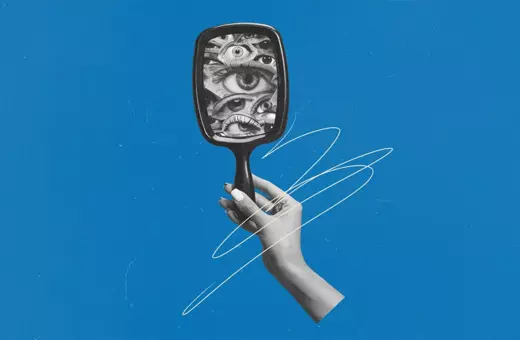Contrary to popular belief, the case for basic income does not rest on the assumption that robots and artificial intelligence will bring about mass unemployment, nor that it would be a more efficient way of relieving poverty and reducing inequality (although it would). As set out in my recent book Basic Income: And How We Can Make It Happen, the arguments for wanting everyone in society to have a basic income are ethical rather than instrumental: a basic income would serve social justice, enhance individual and social freedom, and provide the basic security that people need to be healthy and functional.
Predictably, the growing interest in basic income has been met by a host of objections, all of which can be and have been refuted. Nevertheless, they persist. The two main criticisms are that basic income is unaffordable and that it will make people lazy.
Take affordability. This tends to be the immediate response – we cannot afford to give everyone a basic income. Often, this disguises the real reason for hostility. I would pose this question: suppose it could be shown, to your satisfaction, that a basic income was affordable. Would you then support it?
The cost of a basic income depends on the amount and how it would be implemented. Most advocates believe it should start at a very modest level, paid as a regular amount to all legal residents (subject to a waiting period for migrants, for pragmatic reasons). The payment to more affluent members of society would be clawed back partially or wholly through the tax system.
___
"Means-tested benefits are expensive to apply and administer, fail to reach many of those in need, and create damaging poverty traps that discourage paid work."
___
There are sound reasons for giving a basic income to all and then taxing back where appropriate, rather than applying a means test to determine eligibility. Means-tested benefits are expensive to apply and administer, fail to reach many of those in need, and create damaging poverty traps that discourage paid work.









Join the conversation